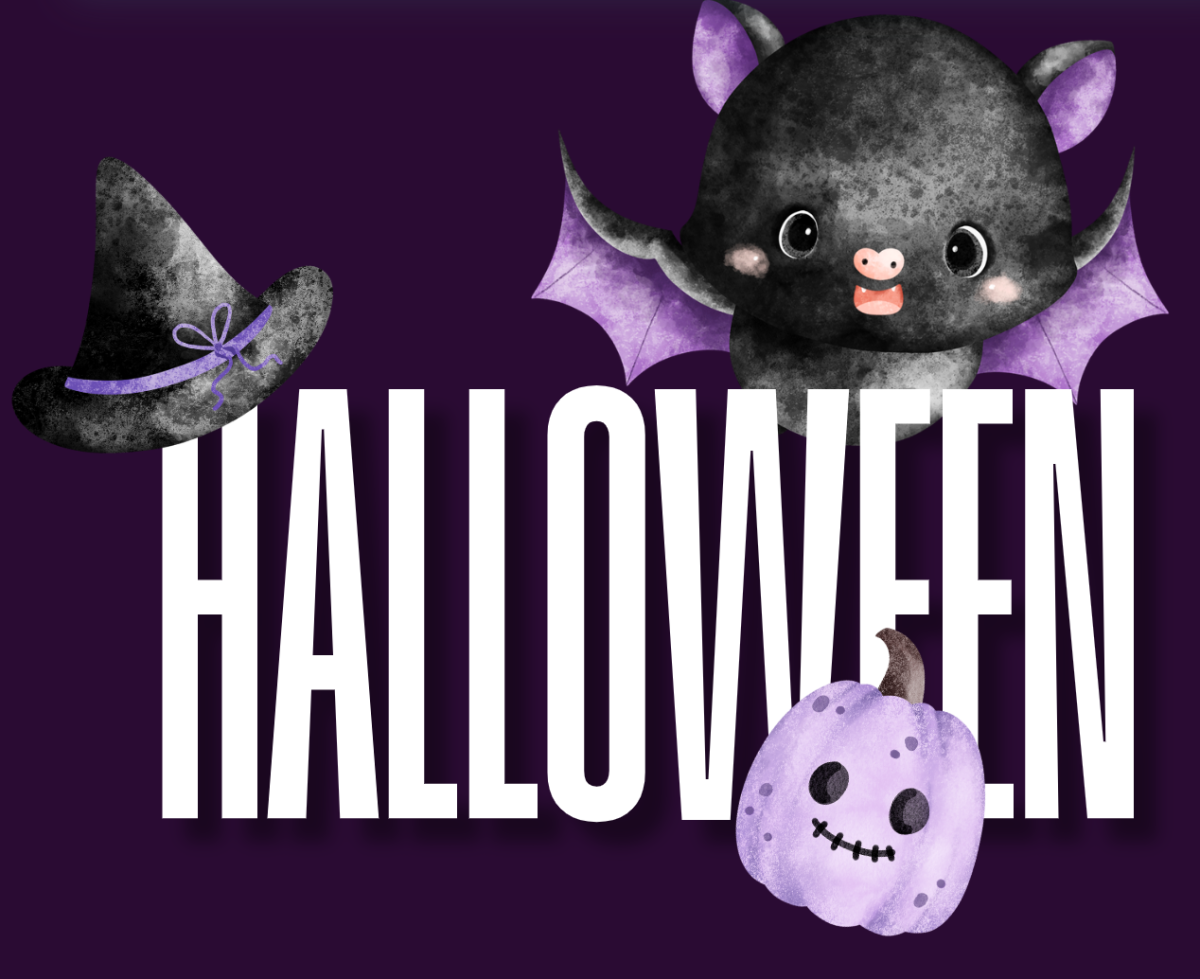And its title probably refers to the whopping $14 I paid to see it. At least movies I dislike give me food for thought. Instead, this stock-trading comedy featuring Paul Dano, Pete Davidson and America Fererra left me racking my brain to remember the plot, themes and points mere days after seeing it. The movie bears passing resemblances to Adam McKay’s “The Big Short” and Martin Scorsese’s “The Wolf of Wall Street” –– passing in that you get the feeling director Craig Gillespie watched the two films and thought to himself, “I should make one of those.” In looking for subject matter, it seems he stumbled upon the 2021 short squeeze of GameStop by Wall Street investors.
The GameStop short squeeze probably rings a bell for most people reading this article: in early 2021, financial analyst and YouTuber Keith Gill (Dano) ushered in the mass-buying of GameStop stock by retail traders around the US. Seeing the stock as undervalued by the institutional Wall Street investors attempting to short-sell it, millions of Americans bought shares of the video game retail company through relatively accessible investment platforms like Robinhood. The resulting “short squeeze” and stock volatility saw GameStop stock reach an all-time high (over 1,600% at some points); most retail traders made a few thousand bucks, several investors made a billion or more and a couple of hedge funds lost enough money to close down. Then everyone moved on (except for Gillespie).
“Dumb Money” is based on the book called “The Antisocial Network” by Ben Mezrich. He’s the same guy who wrote “The Accidental Billionaires,” which David Fincher turned into the acclaimed movie “The Social Network,” about the founding of Facebook. Whereas “The Accidental Billionaires” led to the creation of one the decade’s best movies, “The Antisocial Network” led to the creation of a movie.
“Dumb Money” showcases Gill’s initial investment in GameStop, the rallying of subreddit “r/wallstreetbets” around him and the quick rise and fall of GameStop stock. Along the way, average Joes flip the bird to billionaire Kenneth Griffin (Nick Offerman) and Robinhood co-founder Vlad Tenev (Sebastian Stan) –– both of whom are unbothered. It’s a story that supposedly follows a modern-day uprising of people against elites. And yet, it doesn’t carry much weight.
We’re all aware of dramatization, but “Dumb Money” proceeds with an air of big-budget gravitas that the actual content can’t keep up with. At best, it creates a glossy, fairly linear story and backs it up with some polished performances by Dano and Davidson. At its worst, “Dumb Money” plods superficially, skimming buzzwords off of meme and finance-bro culture. It fails to follow the story into the rabbit holes of the crass yet rousing r/wallstreetbets culture, or into how investors actually make money off of betting against failing companies.
Additionally, most of the reviews I’ve read of the movie so far knock comparisons to famous business dramedies. They feel it misses the point, and that “Dumb Money” highlights an interesting and unique phenomenon in the world of stock trading, one recent enough to be relevant. But what those reviews leave out is that comparing “Dumb Money” to successful films about similar topics will tell you exactly why it’s doing so poorly.
Yes, this isn’t “The Big Short.” Nor is it “The Wolf of Wall Street,” nor “The Social Network.” But “Dumb Money” does draw upon these films’ cinematic language, tone and scripts. Where “Dumb Money” doesn’t try to recreate the frenetic pacing or the bombastic language you can find in those films, it does buy into the luxurious locales, the frantic dialogue, the competition for most f-bombs in any given minute of screentime.
Meanwhile, the resulting film feels as if it has taken on too big a task with too small an event. “Dumb Money’s” epilogue text –– akin to the sobering statistics shown after “The Big Short” or “The Social Network” –– neatly summarizes that the Davids of the stock market slung some well-timed share purchases at the Goliaths of trading and won, even though the rise of GameStop stock through retail trading was a blip in Wall Street history. Gillespie seems to push this idea that corporate and retail investors are now on level playing fields. Although, the fact that Wall Street traders might now check reddit every so often isn’t as strong a victory as he would have us believe .
So what is “Dumb Money”? It’s entertaining, certainly. And it’s got more than a few familiar faces. But it spreads itself thin: an intellectual critique on short squeezes; a family dramedy; another fast-paced business tech commentary full of people looking worriedly at iPhone screens; a chronicle of the Great Economic Event of the 2020s, if that Event was something you briefly read about on an Instagram post while waiting in line for coffee once. What it lacks in real, concrete plot, it makes up for in showing lots of TikTok videos and off-color reddit memes at the same time.
“Dumb Money” doesn’t lean into the economic terminology and business lingo, so it feels pseudo-intellectual. It doesn’t lean into the excesses of wealth or poverty, so it feels low-stakes. It doesn’t lean into Robinhood’s unfair and possibly-criminal restriction over buying GameStop shares, so for the most part it feels apolitical. It doesn’t lean into the gritty reality of wrestling the elite, because it features Seth Rogan’s portrayal of millionaire Gabe Plotkin going “oh s**t” while looking at his bank account, and it pretends that the GameStop affair actually made a dent in Wall Street’s system. At least it does not go over an hour and 45 minutes.











































































































































































































